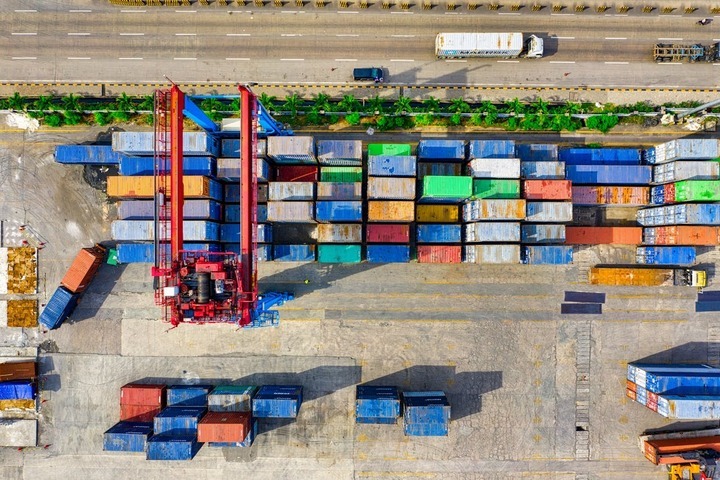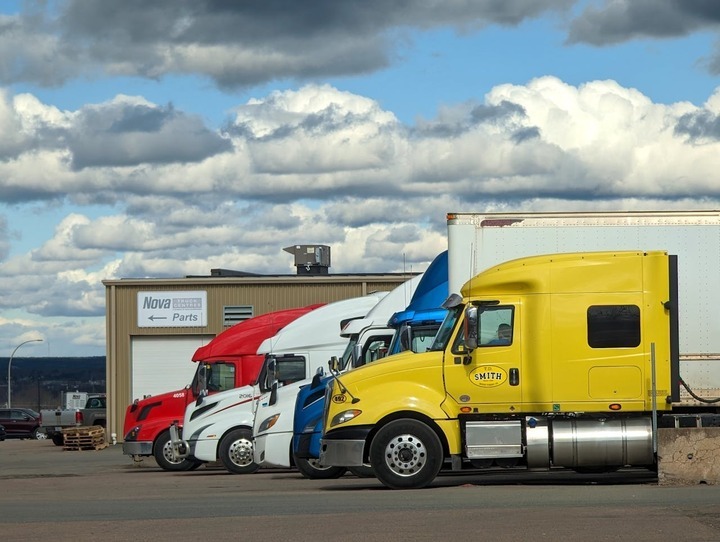
The Do's and Don'ts of Cargo Loss Reporting for Faster Claim Resolutions
Key Takeaways:
-
Following key cargo loss reporting guidelines, such as reporting damage immediately, capturing photographic evidence, documenting all shipment details, securing proof of delivery, and notifying all stakeholders, is crucial for efficient claims management.
-
Essential "do's" when handling cargo damage disputes include performing immediate damage inspection, involving claims experts, collecting and preserving all supporting documentation, engaging a third-party claims administrator if needed, and promptly tracking and responding to communications.
-
Critical "don'ts" to avoid in managing cargo loss claims include delaying notification, discarding damaged cargo prematurely, relying solely on verbal communication, overlooking international shipping documentation, and forgetting subrogation potential.
-
Proper and thorough documentation, including proof of visible damage at delivery, copies of shipping documents and inspection reports, and records of all communication, significantly accelerates the cargo claims process.
-
Leveraging advanced cargo claims solutions with features like digital claim submission and centralized records supports better compliance with reporting guidelines and simplifies the process for all parties involved.
When cargo damage or loss occurs, time is of the essence. Whether dealing with general liability, a subrogation claim, or working with a third-party claims administrator, the accuracy and timing of your loss report directly affect how quickly the claim can be resolved.
In this blog, we’ll cover logistics cargo claims explained from a reporting perspective, and provide a complete list of cargo loss reporting guidelines to help businesses minimize delays.
Understanding what guidelines should be followed for accurate cargo loss reporting is essential for managing cargo loss claims efficiently. We’ll also highlight how advanced cargo claims solutions and best practices in documentation, communication, and evaluation play a vital role in handling cargo damage disputes.
What Guidelines Should Be Followed for Accurate Cargo Loss Reporting?
Accurate reporting is the foundation of efficient cargo claims management. When damage or loss is identified, following the correct steps ensures a smoother investigation, faster decisions, and better outcomes.
Key cargo loss reporting guidelines include:
-
Report damage immediately: Don’t delay. Prompt reporting supports faster response and strengthens your case.
-
Capture photographic evidence: Take clear, time-stamped images of the damaged cargo and packaging.
-
Document all shipment details: Include container numbers, delivery location, consignee information, and timelines.
-
Secure proof of delivery: Notes about conditions on delivery receipts support or disprove claims later.
-
Notify all stakeholders: Carriers, suppliers, and any involved third-party claims administrator should be alerted.
Following these steps helps eliminate unnecessary delays and sets your team up for success when managing cargo loss claims.
The Do's of Handling Cargo Damage Disputes
When it comes to handling cargo damage disputes, there are essential actions every business should take to protect their position and improve the chance of a favorable resolution.
Here’s what to do:
-
Do perform an immediate damage inspection upon delivery.
-
Do involve a claims expert—especially in cases requiring marine cargo claim adjustment.
-
Do collect and preserve all supporting documentation, including bills of lading and invoices.
-
Do engage a third-party claims administrator early if needed to ensure objectivity and expertise.
-
Do track and respond to claim communications quickly and professionally.
These practices support better decision-making and faster resolution, especially when dealing with time-sensitive or disputed claims.
The Don'ts of Managing Cargo Loss Claims
Mistakes in cargo loss reporting can result in denied claims or prolonged disputes. Avoid these pitfalls when managing cargo loss claims to prevent financial and operational setbacks.
Common reporting mistakes to avoid:
-
Don’t delay notification to carriers or insurers—late reports weaken your claim.
-
Don’t discard damaged cargo before documentation and approval.
-
Don’t rely solely on verbal communication—always follow up in writing.
-
Don’t overlook international shipping documentation in global claims.
-
Don’t forget subrogation potential—each subrogation claim opportunity should be evaluated during the reporting process.
Outro: Avoiding these missteps is just as important as doing the right things, particularly in complex or high-value cargo claims.
How Proper Documentation Accelerates the Claims Process
Thorough and organized paperwork is the backbone of any successful claims process, especially when dealing with damaged freight. Without proper documentation, the claim can be delayed, disputed, or outright denied—regardless of how valid it may be.
To stay ahead:
-
Ensure proof of visible damage is recorded at the time of delivery.
-
Keep copies of packing lists, inspection reports, and signed delivery receipts.
-
Record all communication related to the damage claim, from first notice to final settlement.
Having a system in place for documentation not only supports faster cargo claims management but also reinforces your credibility in the event of escalated damage claims or disputes.
Assess High-Value Cargo Claims with Precision
High-stakes claims require deeper evaluation. Assessing high-value cargo claims demands detailed documentation, expert analysis, and a structured process to avoid disputes and protect financial interests.
Best practices include:
-
Engaging an experienced appraiser or adjuster with knowledge of the commodity in question.
-
Applying advanced cargo claims solutions that streamline evaluation and reporting.
-
Working with a dedicated team to coordinate across legal, operational, and financial departments.
When high-value cargo is at stake, attention to detail and strategic oversight are key to faster resolutions and better outcomes.
Leverage Advanced Cargo Claims Solutions
Modern tools and platforms play a vital role in speeding up the cargo claims management process. Advanced cargo claims solutions provide automation, centralized documentation, and improved visibility into the status of each claim.
Features to look for:
-
Digital claim submission and tracking
-
Centralized records of communication and documents
Leveraging these tools supports better compliance with cargo loss reporting guidelines and simplifies the process for both internal teams and any third-party claims administrator involved.
Faster Resolutions Start with Smarter Reporting
Accurate and timely cargo loss reporting is the first step to achieving faster, fairer resolutions. From marine cargo claim adjustment to complex subrogation claim scenarios, the more proactive and precise your team is, the fewer setbacks you'll face.
By following the right cargo loss reporting guidelines, avoiding common pitfalls, and embracing advanced cargo claims solutions, businesses can improve efficiency, protect revenue, and streamline cargo claims management from start to finish.
With the right strategy in place, cargo loss becomes a manageable challenge—not a costly disruption.
Resolve Cargo Disputes Faster with Veritas
When it comes to handling cargo damage disputes, time and accuracy matter. Veritas, a seasoned third-party claims administrator, offers expert support—including trucking claims management—to help your business manage claims efficiently, reduce delays, and ensure fair resolutions.
Contact Veritas today to streamline your cargo claims process and protect your bottom line.

